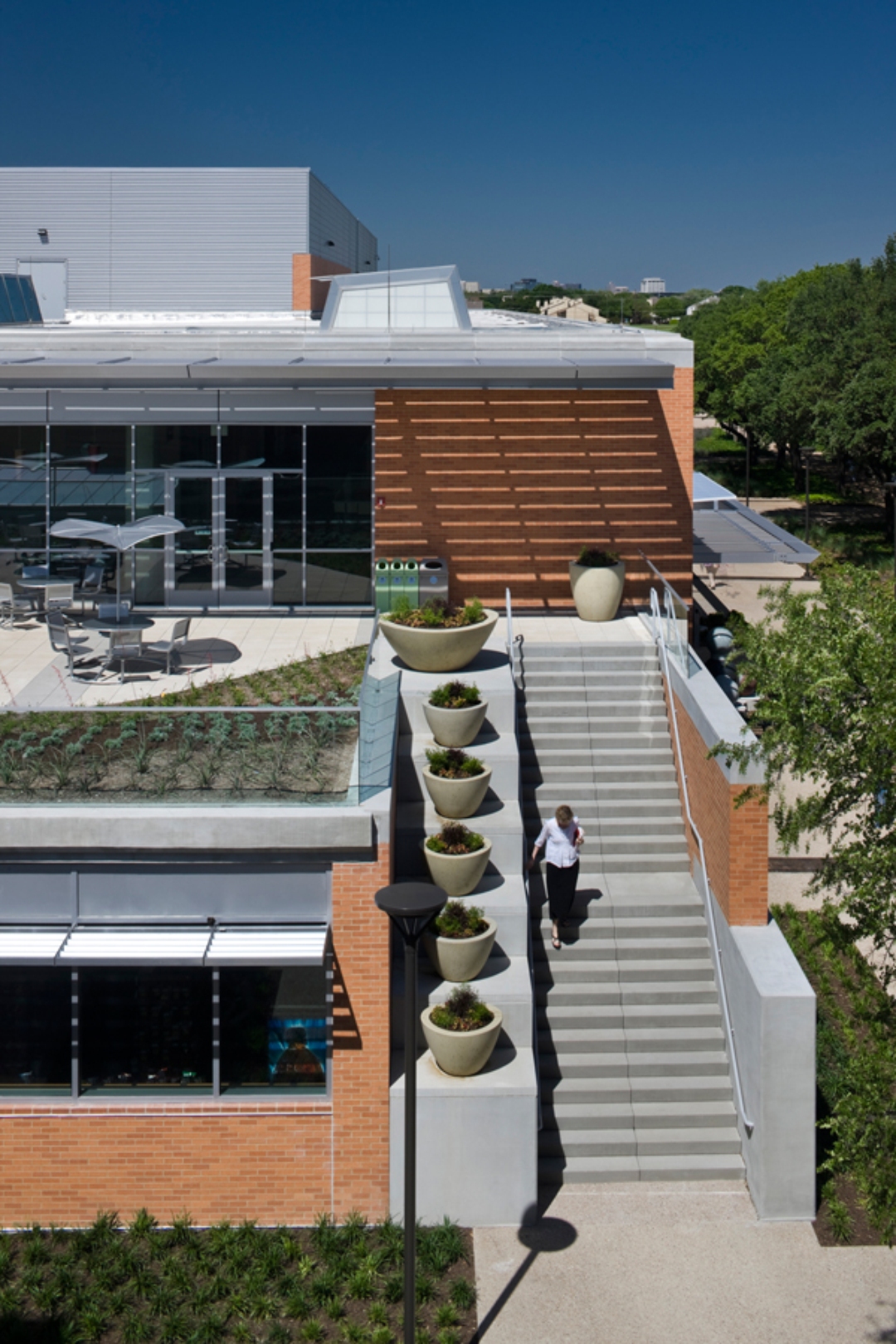Introduction
The question that lies at the heart of the work in which we are
engaged is “Can people learn, change, and grow?” Or will they be — more
or less — the same people they are right now for the rest of their
lives? Or — for our purposes — for the remainder of their college
years? And if we, as instructors, opt for the possibility of growth, how
can we best support people in that journey?
The Richland QEP Student Learning Outcome — a statement of what we hope our students will believe, know, and be able to do when they leave us — reads like this:
Students will demonstrate their capacity to change and learn through effort and the intentional practice of thinking.
Changing and Learning is one of seven dimensions that scholars have identified as being characteristic of people for whom learning has become a lifelong endeavor. In the literature it's defined this way:
Changing and Learning. A sense of oneself as someone who learns and changes over time; the opposite is being ‘stuck and static.’
And the extended “official” version reads as follows:
"Being static or stuck. Less effective learners tend to believe that ‘learning power’ is fixed, and therefore experience difficulty negatively, as revealing their limitations. They are less likely to see challenging situations as opportunities to become a better learner. Their feeling of self efficacy is weak."
Ruth Deakin Crick. Learning Power in Practice: a Guide for Teachers. London: Paul Chapman, 2006 (The link provides access to a preview of the text. See Reflections: Learning Power Dimensions in More Depth, found on pages 9 - 12 for additional information).

It is not insignificant that one of the books you'll be given this semester, Making Thinking Visible, has as its subtitle “How to Promote Engagement, Understanding, and Autonomy for All Learners.” Ron Ritchhart, the author, believes that our profession needs ideals, not just measurable outcomes. He asks in an earlier book, Intellectual Character, “What else should we be teaching for if not for intelligence?"

Which brings us to the subject of this hybrid course: Learning to Learning: Developing Learner Power. As you explore the questions, excerpts, articles and videos you’ll be introduced to ideas, research, and resources created by scholars keenly interested in helping people "get smarter." Their work will guide us as we strive to help our students develop more learning power.

So keep your eyes, ears, hearts, and minds open for the ways in which Guy Claxton, Carol Dweck, David Perkins, Lauren Resnick, Ron Ritchhart, and others describe intelligence, learning, and the factors that contribute to a sense of oneself as someone who learns and changes over time. As you make your way through this material, we hope you'll be open to the possibility that there's much more to it than simply learning a few new techniques. Think of it as an invitation to look where you may not have looked before. And to consider new possibilities.
Let the journey begin...